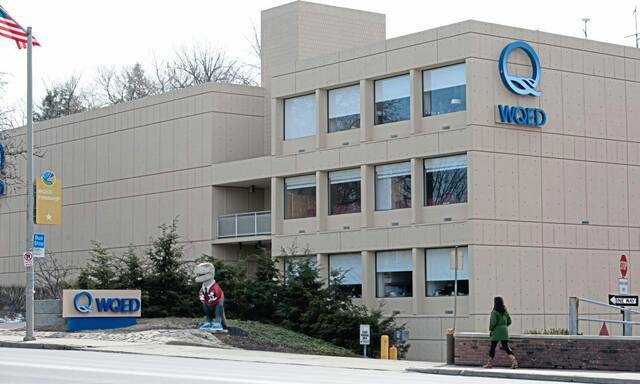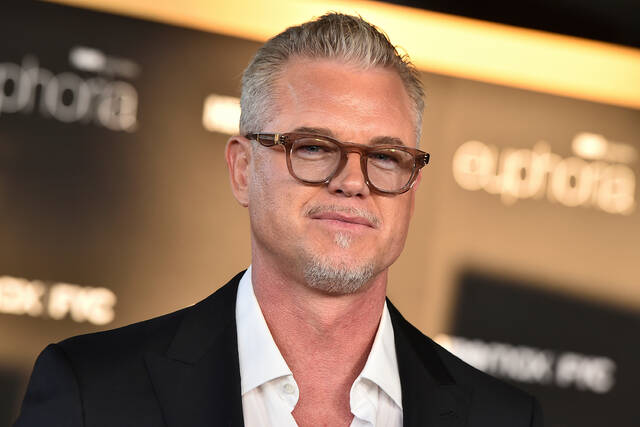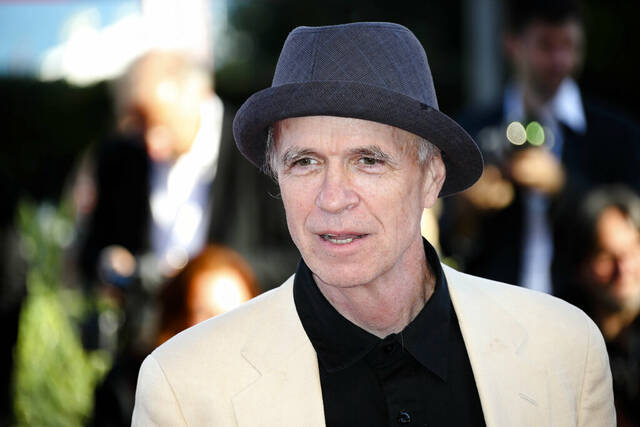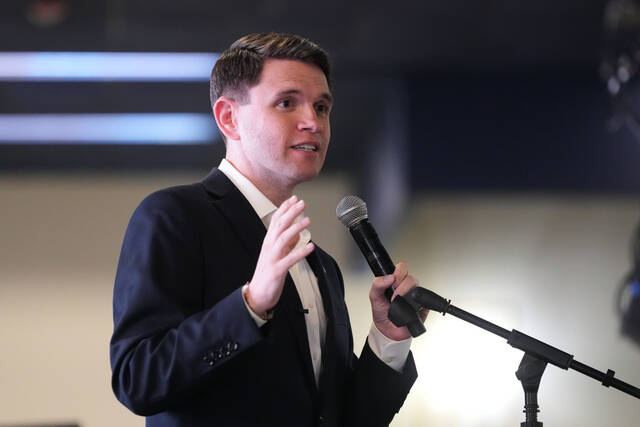Following the May elimination of five employees, WQED laid off 19 employees on Wednesday, primarily in marketing, membership and production.
In a statement, WQED president Jason Jedlinski said the layoffs were in response to “the recent elimination of federal funding for public broadcasting … to ensure [WQED’s] long-term financial stability.”
Jedlinski confirmed WQED received its full federal funding of $1.8 million for 2025. WQED’s fiscal year runs through September. Jedlinski declined to answer questions about why the layoffs occurred now, whether members of management have taken pay cuts and how many were let go from each department.
“This was a very difficult decision,” Jedlinski said in the prepared statement. “We value the contributions of every departing colleague and thank them for their commitment, creativity and meaningful service.”
Departing employees will be paid through Friday and receive an unspecified severance and company-paid benefits through the end of the calendar year.
Producer/host Rick Sebak and the videographers/editors he works with remain employed by WQED.
In addition to the loss of $1.8 million in federal funding for the 2026 fiscal year, WQED is preparing to “absorb new expenses — such as music licenses that were previously paid for by the Corporation for Public Broadcasting,” per WQED’s statement. “Grants from other federal agencies have been suspended, and WQED must also address long-deferred repairs and neglected infrastructure needs that have become critical.”
Last week, following a Zoom webinar open to the public, Jedlinski declined to address the potential for layoffs, but he did speak of a desire to increase the number of contributors to WQED, which makes layoffs in WQED’s membership department surprising.
“To ensure WQED endures not just for 20 years — but 50, and another 70 — we must find new ways to become more relevant to more people,” Jedlinski said in the station’s prepared statement. “The organization may become smaller, in terms of revenue and employees, but our impact and service must expand.”
The layoffs in production follow a diminished emphasis on local production by WQED staff since Jedlinski’s arrival in 2023. (The only member of the department remaining may be department head Minette Seate; Jedlinski would not say if everyone but her was let go.)
This year, the program to get the most promotion by the station, June’s “Steel Links,” was produced by an out-of-state production company rather than in-house. The near elimination of the production department suggests future WQED local programs will largely be outsourced. WQED’s prepared statement even alludes to that notion, stating, “Producing original television programs is expensive. For more than 20 years, the cost of WQED’s local productions has exceeded the revenue they’ve brought in.”
Jedlinski proposes outsourcing the production of WQED programs to members of the Western Pennsylvania community.
“We’ll increasingly use our platforms to amplify the stories and voices of our communities,” Jedlinski said in the statement. “Colleges, museums, performing arts organizations, social service agencies and sports teams have eagerly offered content that deepens our pride in this place we call home. WQED can help connect them to new and broader audiences.”
In last week’s webinar and in the statement today, Jedlinski emphasized that WQED will continue to pass through PBS programming “even though the national schedule will inevitably change.”
Prior to this year’s layoffs that now total around 24 staff members, WQED cut almost a dozen staffers in 2024.
WQED’s statement about this week’s layoffs notes the station has remained debt-free for eight years, that PBS stations in Boston, Chicago, Kansas City, Los Angeles and New York have also cut staff this year and that WQED’s board of directors supports today’s job eliminations.
“We specifically hired Jason to usher in a new era of enhanced service that meets the evolving needs of Pittsburgh and the broader region,” said Jonathan Rosenson, chair of WQED’s board, in the station’s statement. “We have full confidence in his vision and fully support the difficult decisions he is making to protect WQED’s future.”








